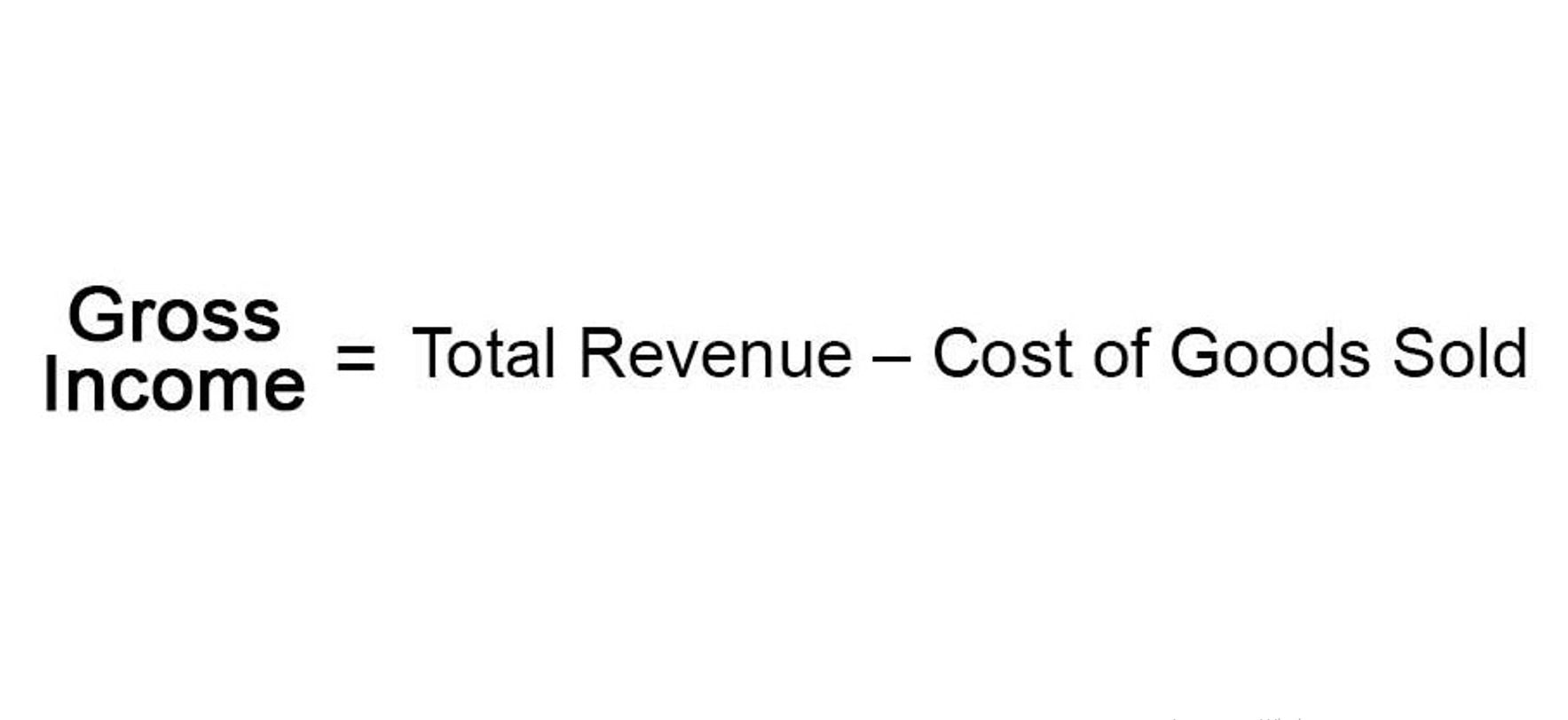Physical Address
304 North Cardinal St.
Dorchester Center, MA 02124
Physical Address
304 North Cardinal St.
Dorchester Center, MA 02124

Different donors may have conflicting requirements on cost allocation. So, the program managers need accurate cost information to make decisions. What matters is the overall picture of your organization’s financial health and impact. New donor acquisition usually costs more than keeping current donors.

For growing nonprofits ready to level up their financial clarity and make strategic decisions. To learn more about exactly which taxes your tax-exempt nonprofit might still be on the hook for, consult IRS Publication 557, or better yet, consult with a nonprofit tax specialist. They’ll have experience helping organizations like yours minimize their tax bill and make sure you aren’t breaking any tax code rules. Just because your nonprofit qualifies as tax-exempt under Section 501 doesn’t mean that all of your donors’ contributions qualify as charitable deductions. And it doesn’t mean that all of the activities your nonprofit spends money on aren’t taxable. Tax-exempt nonprofit employees are still subject to employment taxes, and your nonprofit could still be subject to sales, real estate and other taxes depending on which state it’s based in.

For instance, government grants demand specific reporting formats and deadlines, while foundation grants might operate on different fiscal years. Likewise, individual donations come with their complexity and varying restrictions. A small nonprofit might need to spend more on overhead costs to build a strong foundation. Whereas your type of work might need more administrative support than others. Every donation must be accurately documented, and this entails more than recording the basic transaction details. It also involves documenting the donor’s restrictions, designations, or special handling requirements.
Government agencies, like the IRS, expect detailed Financial Forecasting For Startups reports for compliance. And everyone served by your programs counts on solid financial management to keep services running. Nonprofit accounting is a specialized method of tracking finances, emphasizing accountability and mission impact over profits. Even your choice of accounting software must align with the unique tracking requirements because regular business tools often fail to do so. Since nonprofit organizations don’t center on profit but on a nonprofit mission, they have different bookkeeping practices.


Lutz aims to adjusting entries give you financial peace of mind which in turn allows you to focus your efforts on achieving your mission and continuing to make a true difference in our community. These categories are based on the Unified Chart of Accounts (UCOA), a standardized COA model that aligns with nonprofit reporting requirements. However, most small to mid-sized organizations find the UCOA too detailed and prefer to use other online templates that they can customize to only include the accounts they need. Open communication through transparent financial records builds donor confidence.
Since nonprofit organizations risk losing their tax-exempt status if they don’t comply with accounting principles, it’s vital Bookkeeping Services in Lincoln to pay attention to proper bookkeeping. For that reason, it may be best to get high-quality accounting software that can automate everyday tasks, create reports, and minimize room for errors. Bank reconciliation is the process of ensuring an organization’s records (balance sheet, general ledger account, cash flow, etc.) are accurate. A nonprofit reconciles bank accounts by comparing the recorded amounts to the amounts on bank statements. Looking up a nonprofit’s Form 990—using services like Guidestar.org—can tell you a lot about its financial state. Bookkeeping involves recording and analyzing a nonprofit’s financial transactions to ensure compliance with state and federal accounting rules.